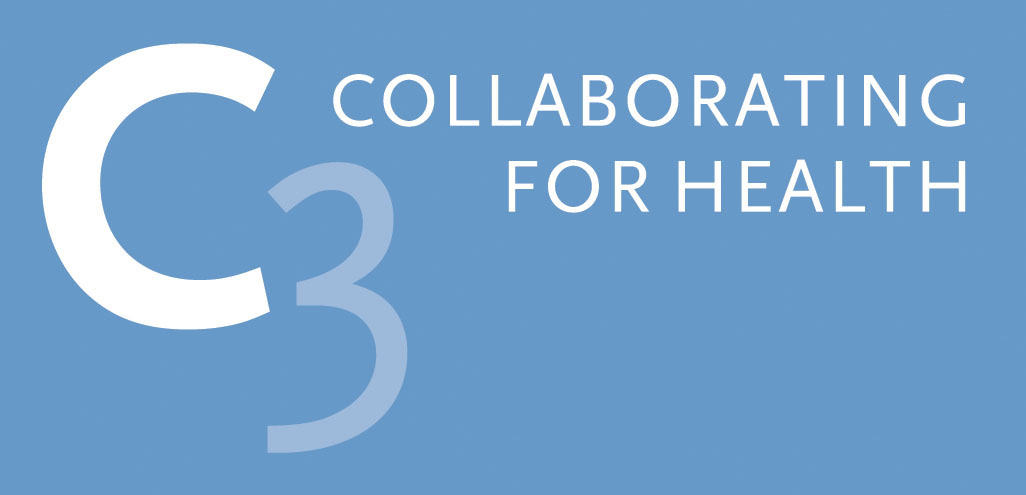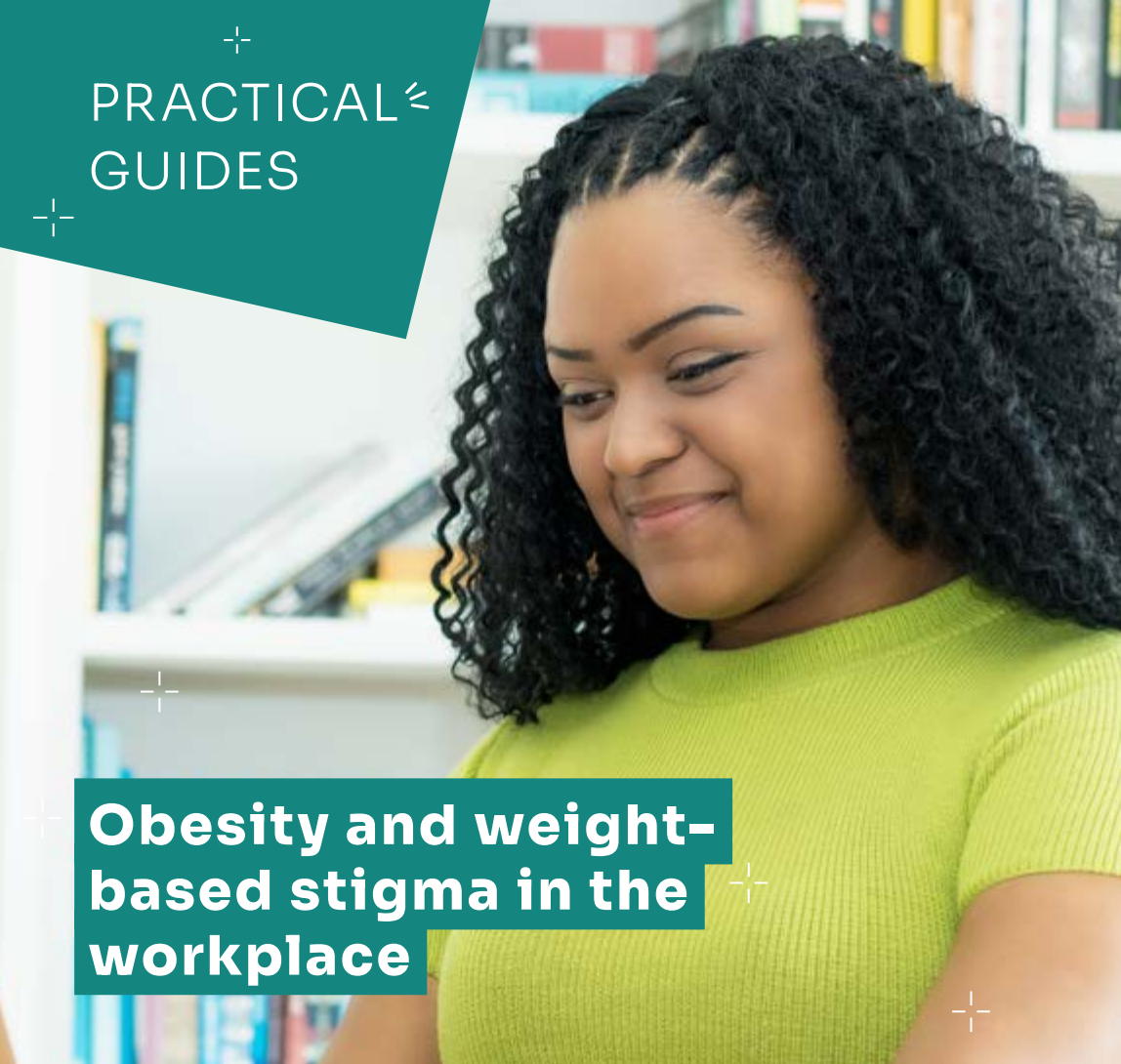13 Mar 2023
C3 joins WHO and Health Education England seminar ‘Working for Health 2030’
WHO and Health Education England have partnered to deliver a leading programme to strengthen health workforce leadership. On March 13th 2023 C3 Founder Christine Hancock spoke at at the programme's first seminar, alongside other leaders in health from around the world, as part of the Working for Health 2030: Building Health Workforce Leadership.
13 Mar 2023
Obesity and weight stigma in the workplace
As part of ASPIRE - an EU funded project addressing obesity and unemployment in France and England - C3 in collaboration with our ASPIRE partner VIF, has written a practical-guide to help employers better understand and prevent weight based stigma, both in the recruitment process and within the workplace itself.
09 Mar 2023
Physical activity – why aren’t we doing more?
In 2021 almost one third of adults in England participated in less than 30 minutes of physical activity per week, becoming eligible to be labelled ‘physically inactive.' But why is this the case when the health benefits of physical activity are so well known? The media and wellness industry often promote individual behaviour change when it comes to getting physically active.
28 Feb 2023
Winning hearts and minds: smoking and mental health
What is Winning Hearts and Minds: Winning Hearts and Minds is a partnership between C3 and The Burdett Trust to address smoking in mental health units in England. People with mental health conditions are much more likely than others to be smokers. Over 40% of people with a mental health condition smoke, compared to 14%.... Read More
16 Feb 2023
ASPIRE: addressing obesity and unemployment
C3 Collaborating for Health is working with 16 partner organisations to deliver ASPIRE (Adding to Social capital and Individual Potential In disadvantaged REgions) – an EU funded project addressing obesity and unemployment in France and England through a holistic approach to diet, physical activity, and employment support. Why not try out the ASPIRE model?
02 Feb 2023
Legumes: it’s time to stop overlooking them
Real progress to prevent diet related NCDs requires food systems to be transformed so that nutritious, safe, affordable, and sustainable diets are available to all. Researchers from the department of global public health of Bergen studied the impact of food choice on life expectancy. They found that changing from a typical western diet to optimised diets could translate into more than a decade increase in Life Expectancy (LE) for young adults.
09 Dec 2022
Professor Srinath Reddy talks “NCDs: why do we know so much but do so little”
C3 was joined by Professor Srinath Reddy, founder President of the Public Health Foundation of India, for our next international seminar. Professor Reddy is an Adjunct Professor of Epidemiology at Harvard. We discuss why and how we should effectively implement the knowledge we already have, to prevent and control NCDs. This requires a bidirectional relationship between knowledge and action. It requires multi-disciplinary collaboration and multi-stakeholder participation in the research process. Community engagement is pivotal. With NCDs being the leading cause of disability and death worldwide it begs the question with everything we know, why isn't more being done?
29 Nov 2022
WHO joins C3 for LGCW – Dr Juana Willumsen: Physical activity: the benefits for cancer prevention
Juana Willumsen is a technical officer of the World Health Organization in the Department for Health Promotion. Her current work focusses on policies to promote physical activity and developing the technical tools to support country implementation. She coordinated the development of the first WHO guidelines on physical activity, sedentary behaviour and sleep for children under 5 years of age, that were launched in April 2019 and the update of the guidelines on physical activity and sedentary behaviour for children, adults and older adults in 2020.
25 Nov 2022
C3 meets the London Community Kitchen
On 8 November 2022, C3 travelled to Harrow and Wealdstone in West London to visit London’s Community Kitchen (LCK). Having started in a small church, LCK is now operating out of three London boroughs – Barnet, Ealing, and Harrow – where the H.Q. sits within a large community centre building. Led by Taz Khan, the... Read More
22 Nov 2022
Partners unite to provide oral health education for nurses and midwives
PARTNERS UNITE TO PROVIDE ORAL HEALTH EDUCATION FOR NURSES AND MIDWIVES In a global first, Colgate has partnered with C3 Collaborating for Health (C3), the Commonwealth Nurses and Midwives Federation (CNMF), and the World Continuing Education Alliance (WCEA) to raise awareness about the importance of oral health and elevate the need for oral health education... Read More










